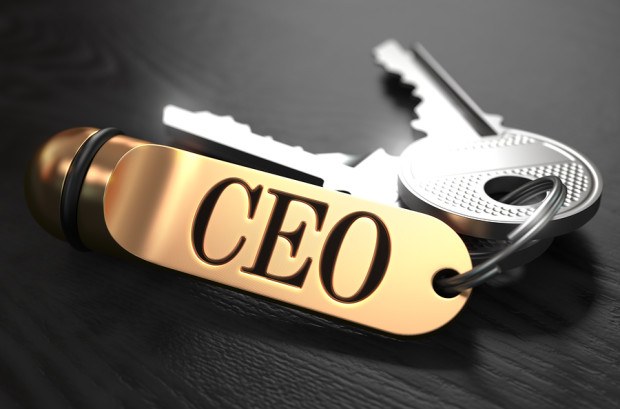Chief executive officers with lower integrity cost their firms money, both in higher audit fees and poorer long-term performance, according to new research from a group of leading accounting professors, including University of Virginia School of Business Professor Shane Dikolli.
 Published in The Accounting Review, the article “CEO Behavioral Integrity, Auditor Responses, and Firm Outcomes” by Dikolli, Bill Mayew of Duke University’s Fuqua School of Business, Thomas Keusch of INSEAD and Thomas Steffen of the Yale School of Management, details the novel approach to measuring integrity and the financial implications for maintaining a lacking leader.
Published in The Accounting Review, the article “CEO Behavioral Integrity, Auditor Responses, and Firm Outcomes” by Dikolli, Bill Mayew of Duke University’s Fuqua School of Business, Thomas Keusch of INSEAD and Thomas Steffen of the Yale School of Management, details the novel approach to measuring integrity and the financial implications for maintaining a lacking leader.
“We intuitively prefer leaders of high integrity, but research investigating the importance of CEO integrity is relatively limited,” said Dikolli. “Our research offers a new window through which to assess the economic consequences of CEO behavioral integrity.”
Existing methods for studying CEO integrity involved surveying employees or even mining police reports for evidence of past bad behavior, but very little data is available for either approach. The researchers used computational linguistics to create a measure that could be applied widely. They focused on one aspect of integrity — behavioral integrity — that has implications for how words are used. Behavioral integrity is the consistency between word and deed, the knowledge that someone can be trusted to follow through on promises.
The researchers used instances of excessive explanations by CEOs in shareholder letters to identify low integrity and found that such excessive explanations were related to higher audit fees and poorer financial performance.
Because individuals are less trusting of people believed to lack behavioral integrity, the researchers reasoned that CEOs with low integrity would have to explain themselves more. So they analyzed more than 30,000 CEO letters to shareholders, looking for explanatory words and phrases: “because,” “hence,” “therefore” and so on.
But what are the implications of having a low-integrity CEO? The researchers found their measure of behavioral integrity is an incremental predictor of higher audit fees.
Auditing standards require auditors to consider the integrity of management. As part of their work, auditors interview CEOs, see how they respond to requests for information and whether they follow through, and over time develop a sense of their integrity.
The researchers suggest auditors may charge more because they suspect some sort of undetectable fraud or because they are working harder to uncover potential fraud before it happens.
The authors also found that low-integrity CEOs had more frequent instances of option backdating, a legal but frowned-upon event that auditors would notice but aren’t required to address.
Source: University of Virginia Darden School of Business
*This story ran previously in our sister publication Claims Journal.





















 Large Scale Cargo Ring Busted in LA, $5M Recovered
Large Scale Cargo Ring Busted in LA, $5M Recovered  AI Got Beat by Traditional Models in Forecasting NYC’s Blizzard
AI Got Beat by Traditional Models in Forecasting NYC’s Blizzard  Focus on Ski Guides After Deadly California Avalanche Could Lead to Criminal Charges, Civil Suits
Focus on Ski Guides After Deadly California Avalanche Could Lead to Criminal Charges, Civil Suits  Beyond Automation: The Emerging Role for Contextual AI in Insurance
Beyond Automation: The Emerging Role for Contextual AI in Insurance 







